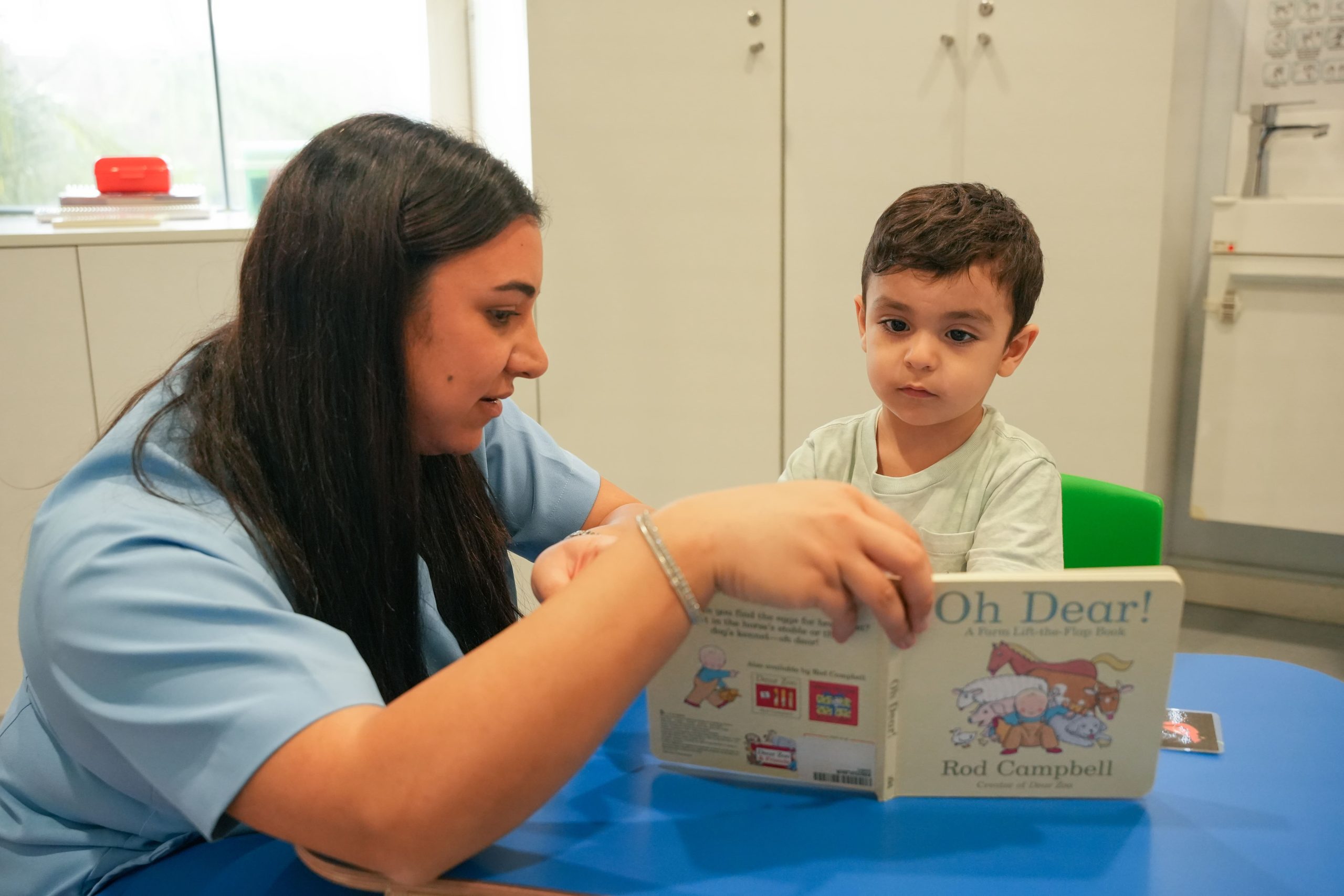Social communication shapes how children share ideas, express feelings, and build friendships. Some children need extra guidance to use words, gestures, and expressions with comfort and clarity.
Support from speech therapy UAE can strengthen these skills, helping children connect more confidently in daily interactions at home, school, and play settings.
Understanding Social Communication Needs:
Children may struggle with eye contact, turn-taking, or expressing thoughts clearly. Some may find group situations stressful or confusing. Therapists observe how a child interacts, listens, and responds, then shape a plan that builds skills through gentle practice that fits the child’s pace and comfort level.
Strengthening Nonverbal Skills:
Nonverbal cues such as facial expression, tone, and body posture play a key role in interaction. Therapists help children recognize these cues and respond in ways that support connection. Sessions may include role-play, picture cards, or simple games that highlight how feelings and intentions can be shared without relying solely on words.
Expanding Language for Social Settings:
Speech therapy centers help children learn phrases that support clear communication during play, group work, and family routines. Children practice greetings, requesting, sharing thoughts, and expressing preferences. Through steady repetition and gentle correction, these skills become easier to use in real-life situations.
Building Conversation Skills:
Conversations require listening, responding, and staying on topic. Therapists guide children through short exchanges that teach pacing and clarity. These interactions help children learn when to speak, when to pause, and how to respond kindly during discussions with peers or adults.
Supporting Emotional Expression:
Children often struggle to express feelings in ways others understand. Therapy sessions teach simple words, gestures, and expressions that match emotions such as happiness, frustration, or worry. This gives children better tools to communicate their needs, easing tension during challenging moments.
Encouraging Interaction Through Play:
Play helps children practice communication in a natural setting. Therapists use toys, stories, and pretend scenes that encourage cooperation and shared experiences. These activities nurture confidence and help children learn how to participate comfortably with classmates, siblings, and friends.
Speech therapy centers provide guidance that helps children grow stronger in their communication skills. Through steady practice, supportive feedback, and engaging activities, children learn how to share thoughts, understand others, and form positive connections. With time and gentle encouragement, social interactions become more enjoyable and comfortable, helping children explore their surroundings with more ease and assurance.
